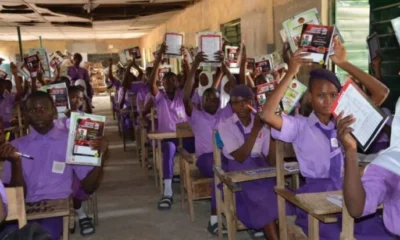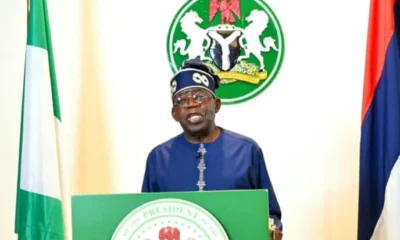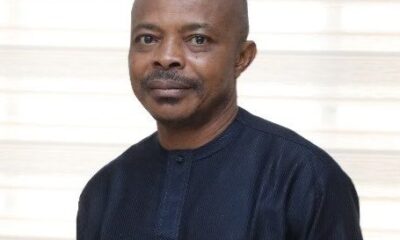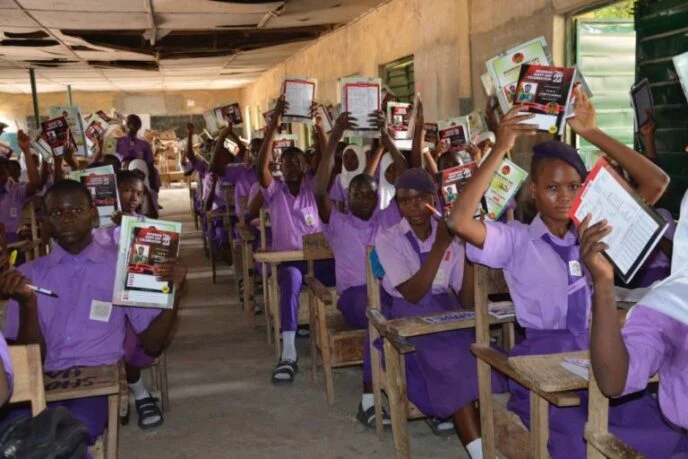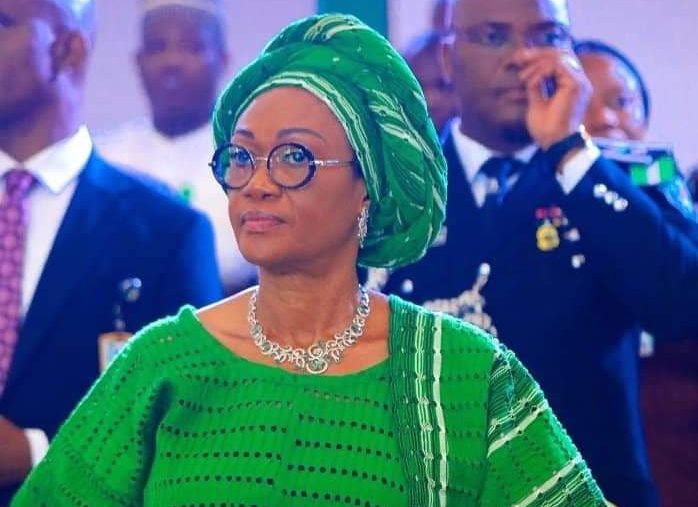BIG STORY
Homosexuality: Panama’s Supreme Court Rules Against Same-Sex Marriage
-

 BIG STORY1 day ago
BIG STORY1 day agoPresident Tinubu Speaks On $1trn Economy, Youth Confab, Taming Inflation In New Year Message [READ FULL TEXT]
-

 BIG STORY3 days ago
BIG STORY3 days agoJUST IN: Warri Refinery Has Resumed Operations — NNPCL
-

 BIG STORY1 day ago
BIG STORY1 day agoYouth Confab To Begin In First Quarter Of 2025 — President Tinubu
-

 BIG STORY5 days ago
BIG STORY5 days agoAare Adetola Emmanuelking Shines Bright As The Remo Day “Man Of Steeze” [PHOTOS]
-

 BIG STORY3 days ago
BIG STORY3 days agoLagos Heads To Supreme Court Over Judgment Nullifying Femi Olaleye’s Rape Conviction
-

 BIG STORY3 days ago
BIG STORY3 days agoTroops Destroy ’20 Illegal Refineries, Recover 90,000 Litres Of Stolen Crude’ In Niger Delta
-

 BIG STORY17 hours ago
BIG STORY17 hours ago2025: President Tinubu’s Reforms Will Unlock Nigeria’s Potentials — First Lady To Nigerians
-

 BIG STORY3 days ago
BIG STORY3 days agoCustoms To Auction Seized Petrol At N400 Per Litre [PHOTOS]








